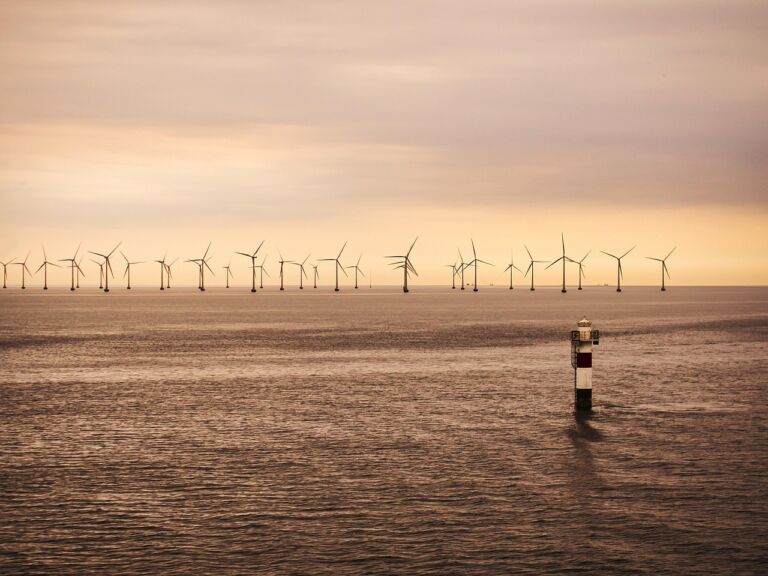John Hinderaker writes for the Power Line blog about the latest evidence that renewable energy sources touted by politicians can cause more harm than good.
Wind and solar energy, along with the batteries and transmission lines they require to function even minimally, are inherently bad for the environment. But sometimes they are even worse, as when turbine blades fail. This said story from the Nantucket Current is one we have seen repeatedly around the country:
GE Vernova will pay the town of Nantucket and island businesses $10.5 million as part of a settlement related to the offshore wind turbine blade failure in July 2024 at the Vineyard Wind farm.
The town announced the settlement Friday morning with GE Vernova, the manufacturer of the Haliade-X turbine that failed, nearly one year since the 300-foot-long blade collapsed 15 miles southwest of the island, littering Nantucket beaches with debris and scattering fiberglass and foam around the region.
So the turbine was 15 miles out into the ocean, and it was so large–the length of a football field–that it littered the region, including Nantucket’s beaches, with debris.
The cause of the failed blade apparently was a manufacturing defect:
GE Vernova had previously cited a manufacturing deviation at its plant in Gaspé, Canada, as the cause of the blade failure. Vineyard Wind is now in the process of removing more than 60 defective blades which had already been installed at the wind farm that came from the Canadian plant.
The linked Nantucket Current article notes that the developer of the offshore wind project, Vineyard Wind, is not a party to the settlement agreement and “the Town has found Vineyard Wind wanting in terms of its leadership, accountability, transparency, and stewardship in the aftermath of the blade failure.” It seems to be a common experience that, when turbines fail or rogue blades cause damage, the developer of the project is nowhere to be found.
Such incidents are becoming rather common.
The post The role of renewable energy in environmental ‘disaster’ first appeared on John Locke Foundation.
Click this link for the original source of this article.
Author: Mitch Kokai
This content is courtesy of, and owned and copyrighted by, https://www.johnlocke.org and its author. This content is made available by use of the public RSS feed offered by the host site and is used for educational purposes only. If you are the author or represent the host site and would like this content removed now and in the future, please contact USSANews.com using the email address in the Contact page found in the website menu.







